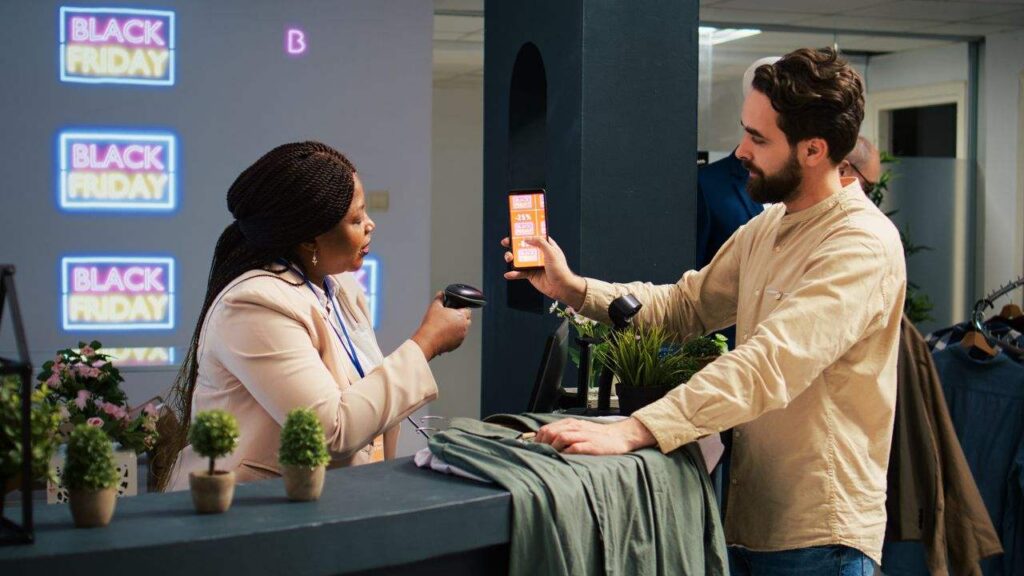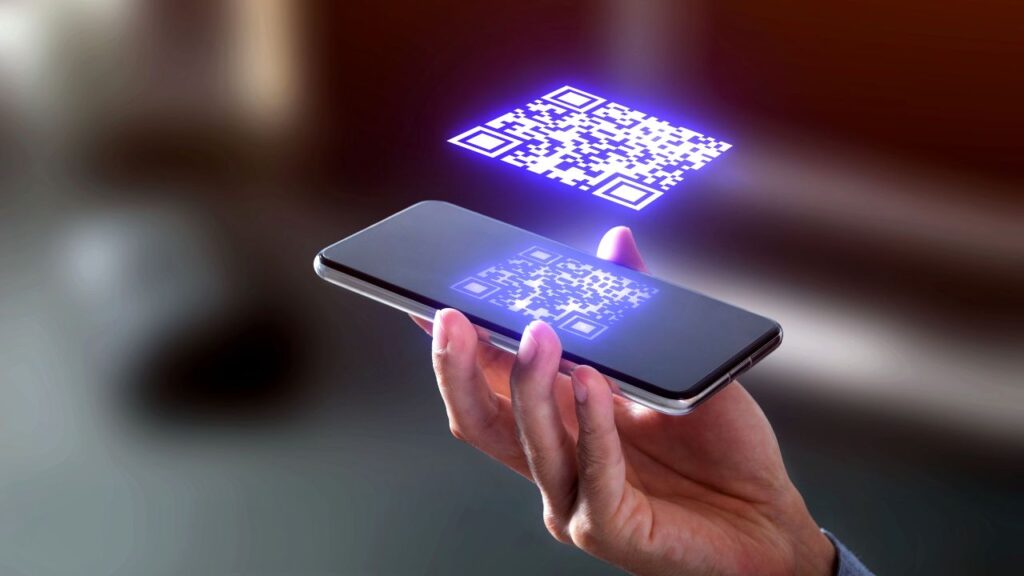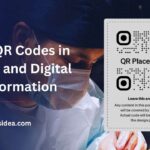The digital age has transformed how businesses connect with their customers. Among the tools redefining customer interaction, QR codes are an efficient and versatile technology. Initially developed for inventory management, these square, matrix-style barcodes now serve as powerful conduits for digital marketing. By blending convenience, interactivity, and innovation, QR codes have become indispensable for enhancing customer experience and engagement in digital marketing.
The Role of QR Codes in Modern Marketing
At their core, Quick Response codes enable seamless access to digital content with a simple scan from a smartphone. For marketers, this means the ability to connect physical campaigns with digital experiences, creating opportunities for deeper engagement. Here are several ways Quick Response codes play a pivotal role in marketing:
- Simplifying Customer Journeys: Quick Response codes eliminate friction by providing instant access to information, promotions, or services. Instead of typing lengthy URLs or searching for information, customers can scan a code and be directed to the desired destination.
- Encouraging Interactivity: Static advertisements are transformed into dynamic experiences when Quick Response codes are incorporated. By linking to videos, quizzes, or augmented reality (AR) experiences, brands can create memorable interactions that captivate their audience.
- Facilitating Data Collection: Quick Response codes often direct users to forms, surveys, or registration pages, allowing businesses to collect valuable customer data for personalized marketing efforts.
Ways QR Codes Enhance Customer Experience

Personalization and Customization
QR codes empower businesses to deliver tailored experiences. For example, a Quick Response code on a product package can direct customers to personalized tutorials or product recommendations based on their preferences. This level of customization fosters loyalty and improves the overall experience.
Streamlined Transactions
Incorporating Quick Response codes into payment systems has revolutionized the checkout process. Customers can complete purchases quickly and securely by scanning a QR code, whether in-store or online. This convenience enhances satisfaction and reduces cart abandonment rates.
Real-Time Engagement
Quick Response codes bridge the gap between physical and digital media. A print ad with a QR code can lead customers to an interactive webpage, a live-streamed event, or a social media profile. This immediacy keeps customers engaged and encourages them to explore more about the brand.
Access to Exclusive Content
Brands can use Quick Response codes to offer customers exclusive deals, behind-the-scenes content, or early access to products. For instance, scanning a code on a concert ticket might unlock a special video message from the artist or a discount for merchandise.
Simplifying Feedback Collection
Customer feedback is essential for improving services and products. Quick Response codes can direct users to online surveys or review platforms, making it easy for them to share their thoughts. The simplicity of this process increases the likelihood of receiving valuable insights.
Discover how you can streamline feedback collection and improve customer engagement with our feedback management solution.
Applications of QR Codes Across Industries

Retail and E-Commerce
- In-Store Enhancements: QR codes on shelves provide detailed product descriptions, reviews, or video demonstrations.
- Post-Purchase Engagement: By scanning a code on a receipt, customers can access warranty registration, care instructions, or loyalty programs.
Food and Beverage
- Contactless Menus: Restaurants use Quick Response codes to provide digital menus, streamlining the ordering process.
- Interactive Packaging: Beverage companies link QR codes to promotional campaigns or contests, creating a playful experience for consumers.
Event Management
- Seamless Entry: Event organizers use Quick Response codes for ticketing, ensuring quick and contactless access.
- Exclusive Experiences: Attendees can scan codes to access event schedules, speaker bios, or interactive maps.
Healthcare
- Appointment Scheduling: QR codes simplify booking by directing patients to scheduling platforms.
- Medication Information: Scanning codes on packaging provide detailed usage instructions or warnings.
Technological Innovations Enhancing QR Codes Functionality
The evolution of Quick Response code technology continues to unlock new possibilities for improving customer experience. Key advancements include:
- Dynamic QR Codes: These allow businesses to update the destination URL without altering the physical code, making them ideal for ongoing campaigns.
- Integration with Augmented Reality (AR): QR codes can trigger AR experiences, adding an immersive layer to customer interactions.
- Advanced Analytics: Modern QR code platforms provide detailed metrics, such as scan locations, times, and user demographics, enabling marketers to refine their strategies.
Best Practices for Effective QR Code Marketing
To maximize the benefits of QR codes, businesses must ensure:
- Proper Placement: Codes should be prominently displayed and easily scannable. Poor visibility can deter engagement.
- Clear Call-to-Action (CTA): Accompany QR codes with a brief explanation of what users can expect, such as “Scan to unlock a 20% discount.”
- Mobile Optimization: Ensure that the linked content is mobile-friendly and loads quickly to maintain user interest.
- Security Measures: Use verified Quick Response code generators to prevent malicious redirection.
Overcoming Challenges of QR Codes
While QR codes offer numerous benefits, they are not without challenges. Businesses must address:
- User Education: Some customers may be unfamiliar with how to scan QR codes. Simple instructions can mitigate this.
- Privacy Concerns: Transparent data usage policies reassure customers that their information is secure.
- Accessibility: Designing QR code campaigns with accessibility in mind ensures inclusivity for all users.
The Future of QR Codes in Digital Marketing
The role of QR codes in enhancing customer experience is set to grow as technology advances. Integration with wearable devices, voice assistants, and blockchain will further expand their applications. Additionally, as businesses prioritize sustainability, Quick Response codes will play a key role in reducing paper waste by replacing printed materials with digital alternatives.
Conclusion
In the competitive landscape of digital marketing, delivering exceptional customer experiences is paramount. QR codes offer an elegant solution to bridge the gap between physical and digital touchpoints, enabling businesses to connect with customers in meaningful ways. By simplifying access to information, personalizing interactions, and fostering engagement, Quick Response codes have proven to be a valuable tool in modern marketing strategies. As technology evolves, their potential to transform customer experiences will only continue to grow.













